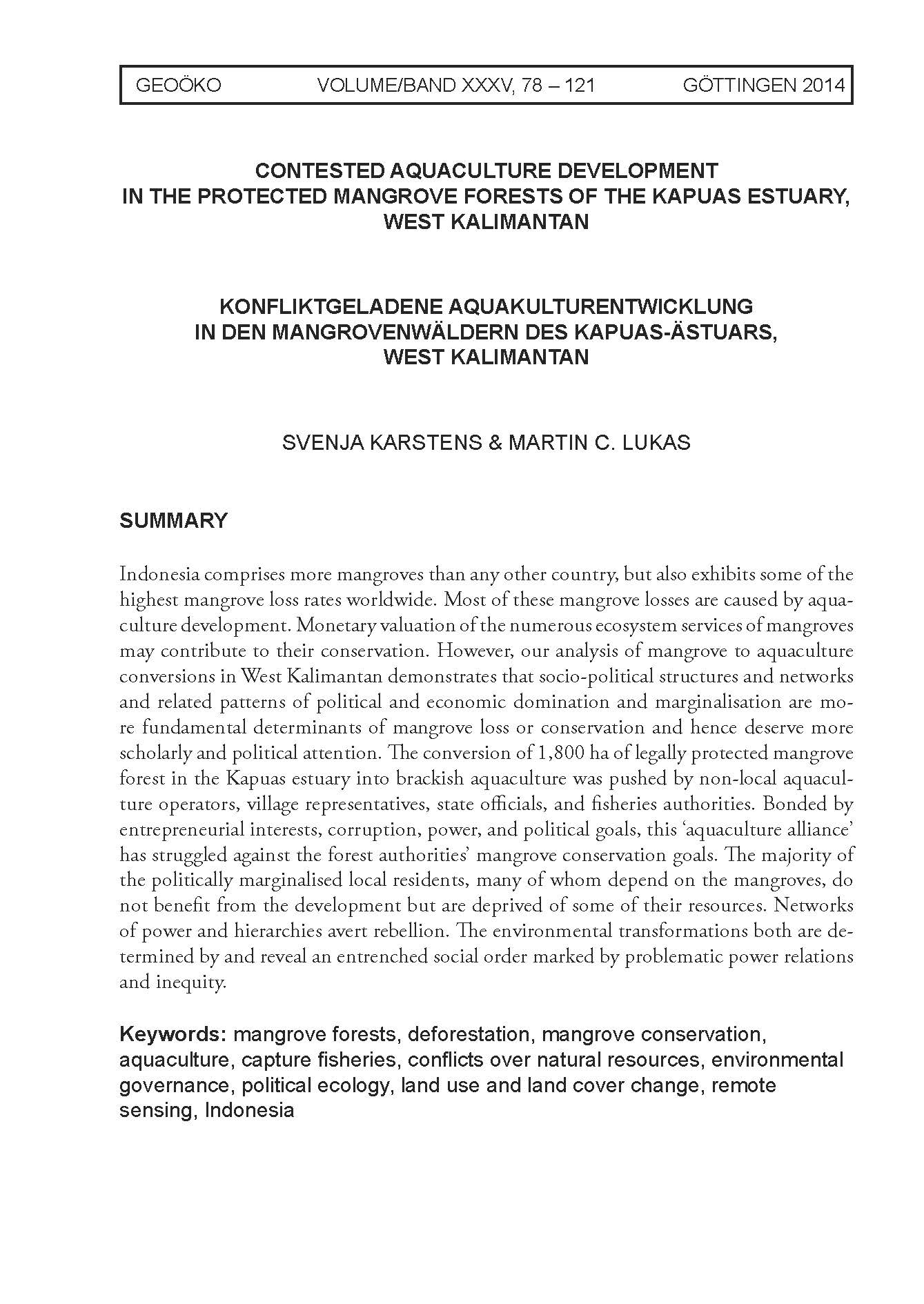Macro and Micro Perspectives of Growth and Poverty in Africa
This article reviews trends in poverty,
economic policies, and growth in a sample of African
countries during the 1990s, drawing on the better household
data now available. Experiences have varied. Some countries
have seen sharp drops in income poverty, whereas others have
witnessed marked increases. In some countries overall
economic growth has been pro-poor and in others not. But the
aggregate numbers hide systematic distributional effects.




